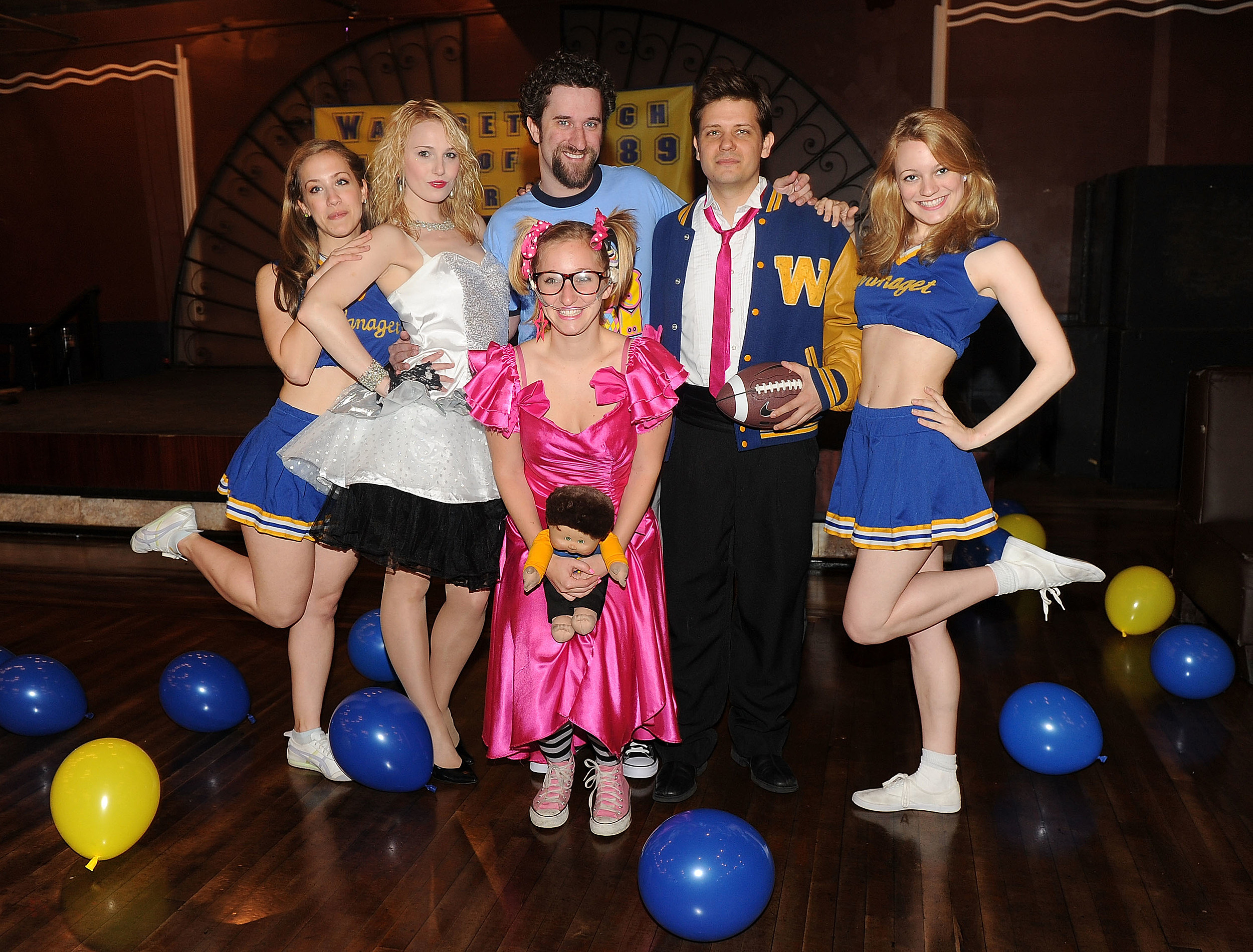

Thus, encountering something that evokes the implicit associations of an experience or sensation that cannot be remembered may lead to déjà vu. The similarity between a déjà-vu-eliciting stimulus and an existing, or non-existing but different, memory trace may lead to the sensation that an event or experience currently being experienced has already been experienced in the past. When people experience déjà vu, they may have their recognition memory triggered by certain situations which they have never encountered. Recognition memory enables people to realize the event or activity that they are experiencing has happened before. Research has associated déjà vu experiences with good memory functions, particularly long-term implicit memory. Memory-based explanation Implicit memory One possibility behind this mechanism is that the first input experience involves shallow processing, which means that only some superficial physical attributes are extracted from the stimulus. Immediately following that, the second perception might be familiar because the person naturally related it to the first input. The first input experience is brief, degraded, occluded, or distracted. Explanations Split perception explanation ĭéjà vu may happen if a person experienced the current sensory experience twice successively. A similar case study by Karla, Chancellor, & Zeman (2007) suggests a link between déjà vu and the serotonergic system, after an otherwise healthy woman began experiencing similar symptoms while taking a combination of 5-hydroxytryptophan and carbidopa. Bancaud, Brunet-Bourgin, Chauvel, & Halgren, 1994), Tamminen and Jääskeläinen speculated that déjà vu occurs as a result of hyperdopaminergic action in the medial temporal areas of the brain. Because of the dopaminergic action of the drugs and previous findings from electrode stimulation of the brain (e.g. Taiminen and Jääskeläinen (2001) explored the case of an otherwise healthy person who started experiencing intense and recurrent sensations of déjà vu upon taking the drugs amantadine and phenylpropanolamine together to relieve flu symptoms. Pharmacology Ĭertain combinations of medical drugs have been reported to increase the chances of déjà vu occurring in the user. Certain forms of the gene are associated with a mild form of epilepsy, and, though by no means a certainty, déjà vu, along with jamais vu, occurs often enough during seizures (such as simple partial seizures) that researchers have reason to suspect a link.

Although there is not currently a gene associated with déjà vu, the LGI1 gene on chromosome 10 is being studied for a possible link. Some research has looked into genetics when considering déjà vu. A 2008 study found that déjà vu experiences are unlikely to be pathological dissociative experiences. No special association has been found between déjà vu and schizophrenia.

Įarly researchers tried to establish a link between déjà vu and mental disorders such as anxiety, dissociative identity disorder and schizophrenia but failed to find correlations of any diagnostic value. Migraines with aura are also associated with déjà vu.

This experience is a neurological anomaly related to epileptic electrical discharge in the brain, creating a strong sensation that an event or experience currently being experienced has already been experienced in the past. It is now used internationally.ĭéjà vu is associated with temporal lobe epilepsy. He used it in his book L'Avenir des sciences psychiques. The expression "sensation de déjà-vu" (sensation of déjà vu) was coined in 1876 by the French philosopher Émile Boirac (1851-1917). People who travel often, frequently watch films, or frequently remember their dreams are also more likely to experience déjà vu than others. Experiencing déjà vu has been correlated with higher socioeconomic status, better educational attainment, and lower ages. The phenomenon manifests occasionally as a symptom of pre-seizure auras, and some researchers have associated chronic/frequent "pathological" déjà vu with neurological or psychiatric illness. Approximately two-thirds of surveyed populations report experiencing déjà vu at least one time in their lives. It is an illusion of memory whereby - despite a strong sense of recollection - the time, place, and context of the "previous" experience are uncertain or impossible. For other uses, see Déjà vu (disambiguation).ĭéjà vu ( / ˌ d eɪ ʒ ɑː ˈ v( j) uː/ ( listen) DAY-zhah- VOO, - VEW, French: ( listen) "already seen") is a French loanword for the phenomenon of feeling as though one has lived through the present situation before.


 0 kommentar(er)
0 kommentar(er)
